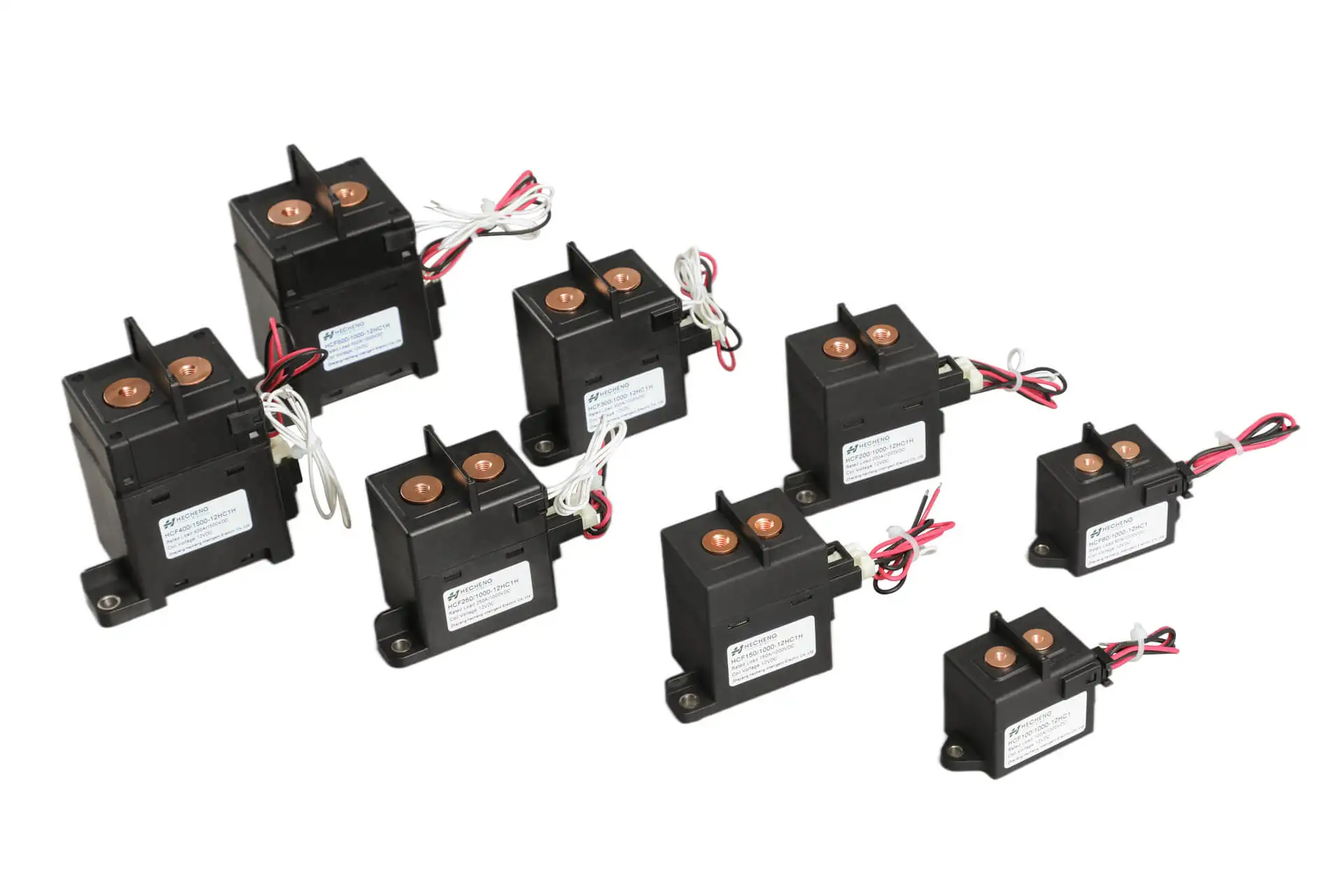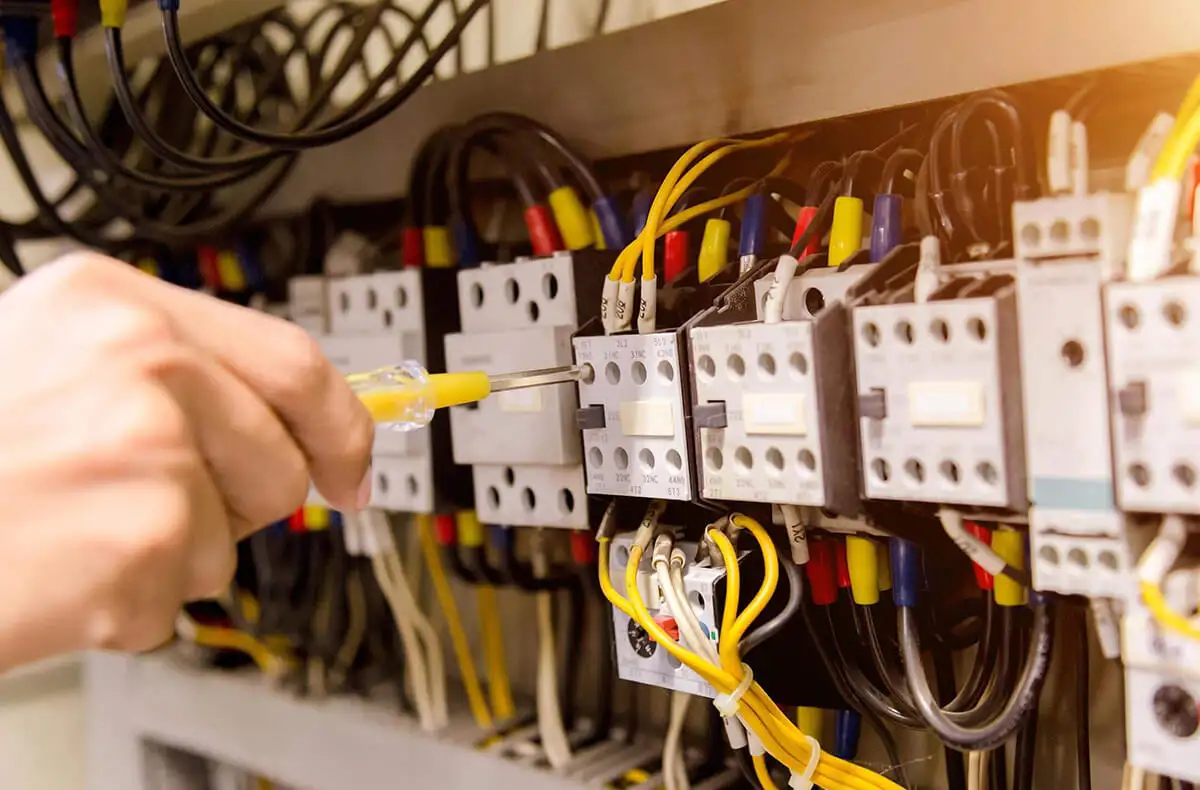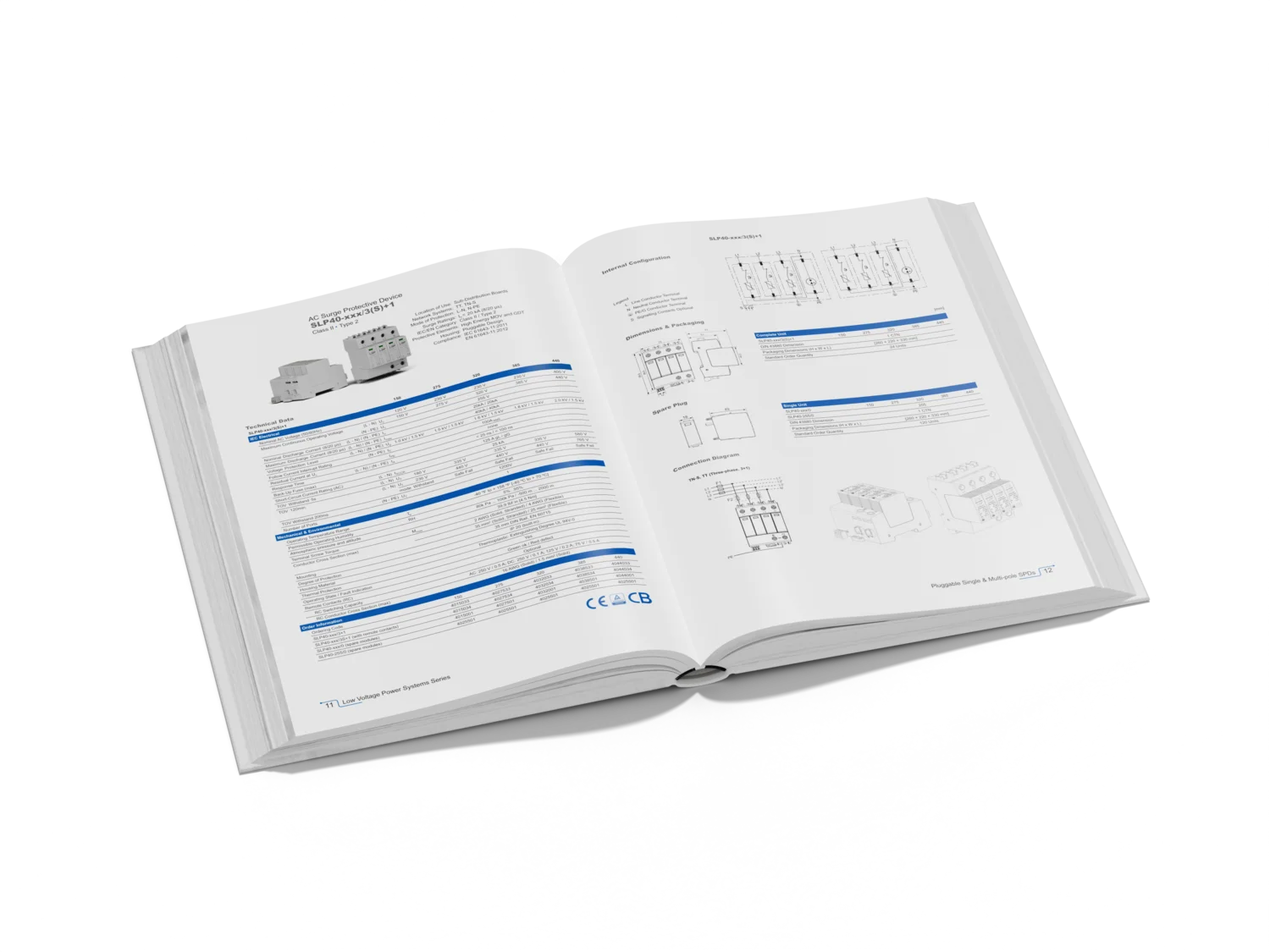Using electrical components appropriately can be a complex subject, especially when it comes to ensuring safety and efficiency. One question that often arises is whether an AC contactor can be used in DC applications. To answer this question, let’s dive into the specifics of how contactors work, the differences between AC and DC contactors, and the potential risks and considerations involved in such a substitution.
Understanding Contactors
What is a Contactor?
A contactor is an electrically controlled switch used for switching a power circuit, similar to a relay but with higher current ratings. It is typically used in applications where the power needs to be turned on and off frequently.
How Do AC and DC Contactors Differ?
AC and DC contactors are designed to operate with alternating current (AC) and direct current (DC) respectively. The key differences between the two lie in their construction and how they handle electrical currents:
1. Coil Design: AC contactors have coils designed for alternating current, which has a different impedance compared to the steady resistance found in DC coils.
2. Arc Suppression: AC contactors often have less robust arc suppression mechanisms because the current naturally drops to zero every half cycle in AC, aiding in arc extinguishing. DC contactors need more robust arc suppression as the current does not naturally zero out, making it harder to extinguish arcs.
3. Contact Material and Gap: The contacts in AC contactors may be designed differently, with materials and gaps optimized for the AC environment.
Can You Use an AC Contactor in a DC Application?
Technical Challenges
1. Arc Suppression Issues: DC current does not zero out, so any arc formed between contacts will persist longer. AC contactors may not have sufficient arc suppression, leading to rapid contact wear or even failure.
2. Coil Compatibility: The inductance of an AC coil is higher due to the alternating nature of AC, and using it in a DC circuit can cause overheating and eventual damage due to continuous current flow.
3. Magnetic Blowout: AC contactors may lack the magnetic blowout structures found in DC contactors that help extinguish arcs.
Safety Concerns
Using an AC contactor in a DC application can pose significant safety risks. The persistent arcs can lead to contact welding, resulting in failure to open circuits when necessary. This could potentially cause overheating, fires, or damage to connected equipment.
Practical Considerations
Potential Workarounds
If you absolutely must use an AC contactor in a DC application, certain modifications can be made to mitigate risks:
1. Derating the Contact Ratings: Reduce the current load to a fraction of the AC rating (typically 50% or less) to minimize the risk of arc-related damage.
2. Adding Arc Suppression: External arc suppression devices like diodes or snubber circuits can be added to manage the arcing issues.
3. Ensuring Proper Cooling: Enhance cooling around the contactor to handle the extra heat generated by DC currents.
Alternatives
The best course of action is to use a DC contactor specifically designed for the intended application. These contactors are built with the necessary arc suppression, appropriate coil designs, and contact materials suited for DC circuits.

get your dc contactor solution
Conclusion
While it is technically possible to use an AC contactor in a DC application with significant modifications and careful management, it is not recommended due to the inherent risks and potential safety hazards. The differences in design between AC and DC contactors are significant enough that using the appropriate device for your specific application is crucial for ensuring safety and reliability. Always prioritize using components as per their designed specifications to maintain the integrity of your electrical systems.
For more information on the specifics of contactor use in various applications, you can refer to detailed resources such as the Electrical Engineering Portal or consult with an electrical engineer for expert advice tailored to your particular needs.








